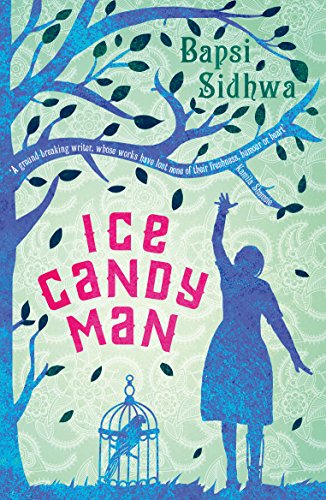



both realistic and magically evocative." - Kirkus Reviews "A mysterious, wonderful novel. She is alternately thrilled and frightened by the events she dutifully records, and so, in the end, is the reader." - Publishers Weekly "Much has been written about the holocaust that followed the Partition of India in 1947, but seldom has that story been told as touchingly, as convincingly, or as horrifyingly as it has been by novelist Bapsi Sidhwa." - The Philadelphia Inquirer "Lenny dramatizes the textures of multicultural Indian life, with its summer trips to the Himalayan foothills, dinner parties, visits from the ice-candy man, and, increasingly, hints of Hindu-Muslim trouble . . . In this tale from "Pakistan's finest English-language novelist" ( The New York Times Book Review), the profound upheaval that was the 1947 Partition of India is dramatically revealed through the story of one young girl, whose account of her experience proves by turns insightful, funny, and heartbreaking. Soon Lenny's world erupts in religious, ethnic, and racial violence. Lenny enjoys a happy, privileged life in Lahore, but the kidnapping of her beloved Ayah signals a dramatic change. As she matures, Lenny begins to identify the differences between the Hindus, Moslems, and Sikhs engaging in political arguments all around her. It is in the company of these working-class characters that Lenny learns about religious differences, religious intolerance, and the blossoming genocidal strife on the eve of Partition. She spends her days with Ayah, her beautiful nanny, visiting with the many admirers that Ayah draws. These papers were written primarily by students and provide critical analysis of Cracking India by Bapsi Sidhwa. Young Lenny Sethi is kept out of school because she suffers from polio. Cracking India essays are academic essays for citation. A New York Times Notable Book: A girl's happy home life is suddenly disrupted by the 1947 Partition of India in this "multifaceted jewel of a novel" ( Houston Chronicle).


 0 kommentar(er)
0 kommentar(er)
